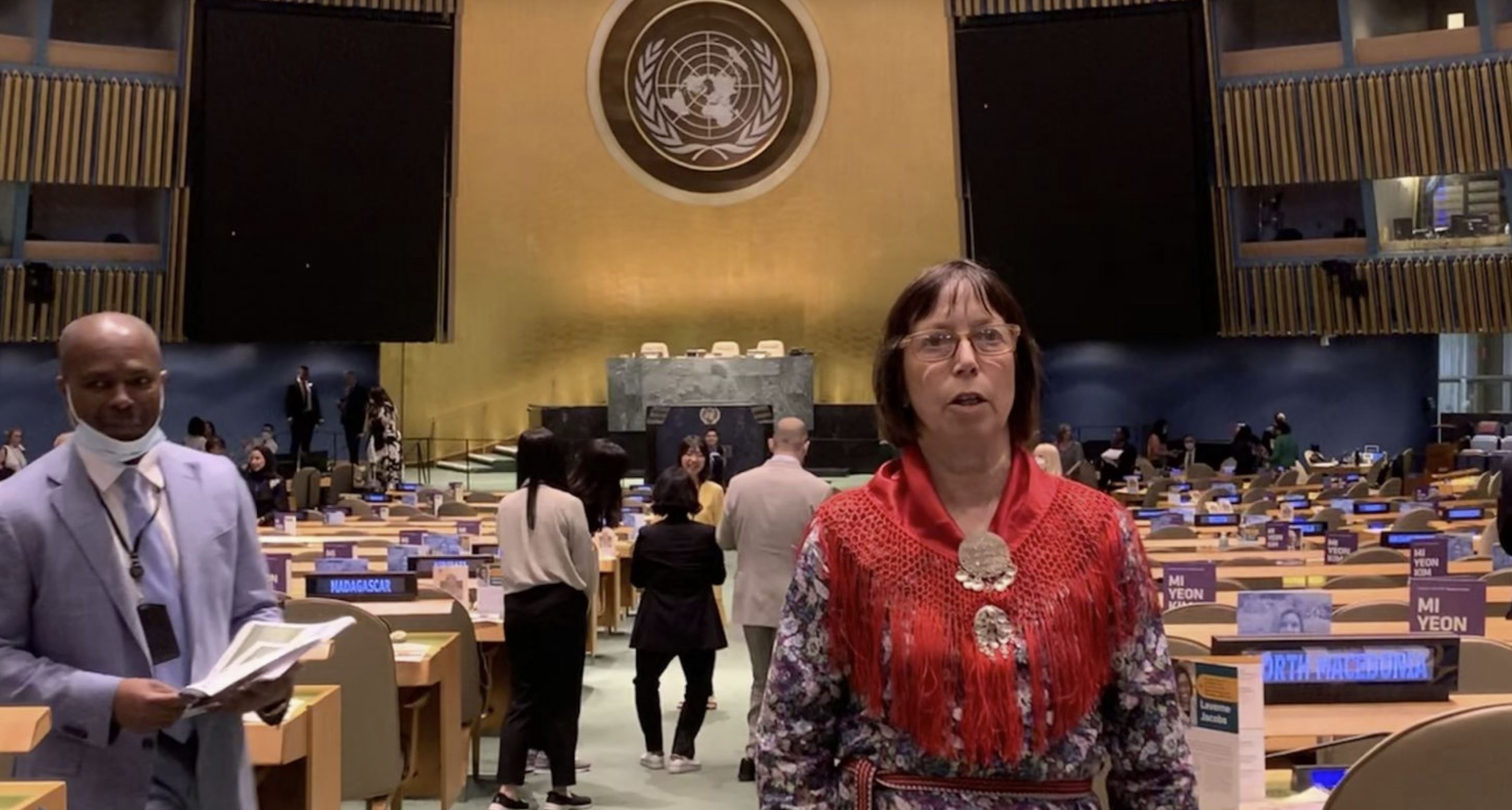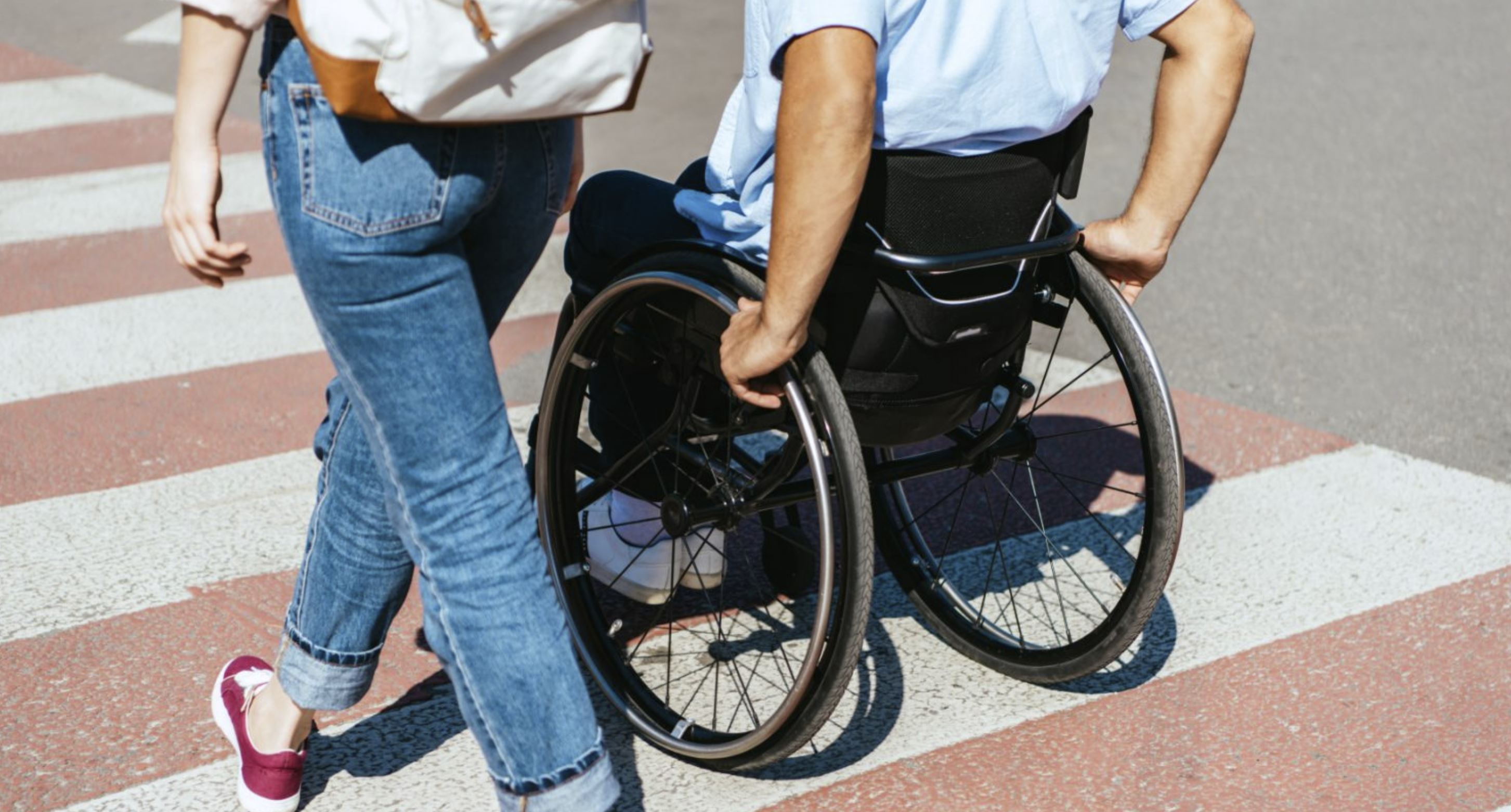Erfaringsutveksling og internasjonal dialog om implementering av CRPD
Ekspertseminar om implementering av CRPD
Det norske ordførerskapet arrangerte våren 2022 et ekspertseminar om implementeringen av CRPD i etterkant av møtet i Funksjonshinderrådet i mars. Internasjonale kapasiteter og eksperter fra Norden innledet til gode diskusjoner. Medlemmer av rådet deltok som innledere og deltakere.
Linn Bylund fra Likestillingssenteret KUN ga en kort introduksjon til menneskerettighetskonvensjonen (CRPD) fra et urfolksperspektiv. Urfolk nevnes sjelden og mest som bisetninger i dokumentasjonen rundt CRPD, sier Bylund og understreker viktigheten av å ha et helhetsperspektiv. Hun understreket dette ved å beskrive hvordan samfunnets ulike tjenester er dårlig tilpasset minoriteter.
De som hold innlegg:
- Odin Adelsten Aunan Bohmann, statssekretær Kultur- og likestillingsdepartementet
- Anna Bjørshol, avdelingsdirektør Barne-, ungdoms- og familiedirektoratet og leder Funksjonshinderrådet
- Linn Bylund, Likestillingssenteret KUN – Urfolk med funksjonsnedsettelse: Uppspill til Statspartskonferansen for CRPD
- Eilionóir Flynn, NUI Galway: Self-determination or protection? Legal obstacles for full realization of CRPD in Europe
- Kjetil Mujezinovic Larsen, UiO: Endringer i norsk rett som følge av CRPD
- Ola Balke, Myndigheten for delaktighet: Hvordan jobber Sverige med å informere og engasjere kommunene?
- Cecilie Sandness, Bufdir, og Tone Flaten, statsforvalteren Trøndelag: Hvordan jobber norske myndigheter (Bufdir) og statsforvalterne med å sikre lokal gjennomføring?
- Anna Caldén, Disability Rights committee: Arbeidet med lokal gjennomføring i Finland
- Anja Hynne Nielsen, Handicaptalsmanden Grønland: Hva betyr det lokale selvstyret for arbeidet med funksjonshemmedes rettigheter?
- Rosemary Kayess, chair CRPD committee: The committees work on Guidelines on Deinstitutionalization of Persons with Disabilities, including in emergency situations
- Raimo Tengvall, Forum Virium Helsinki: Citizen participation and accessibility in smart city and smart mobility development
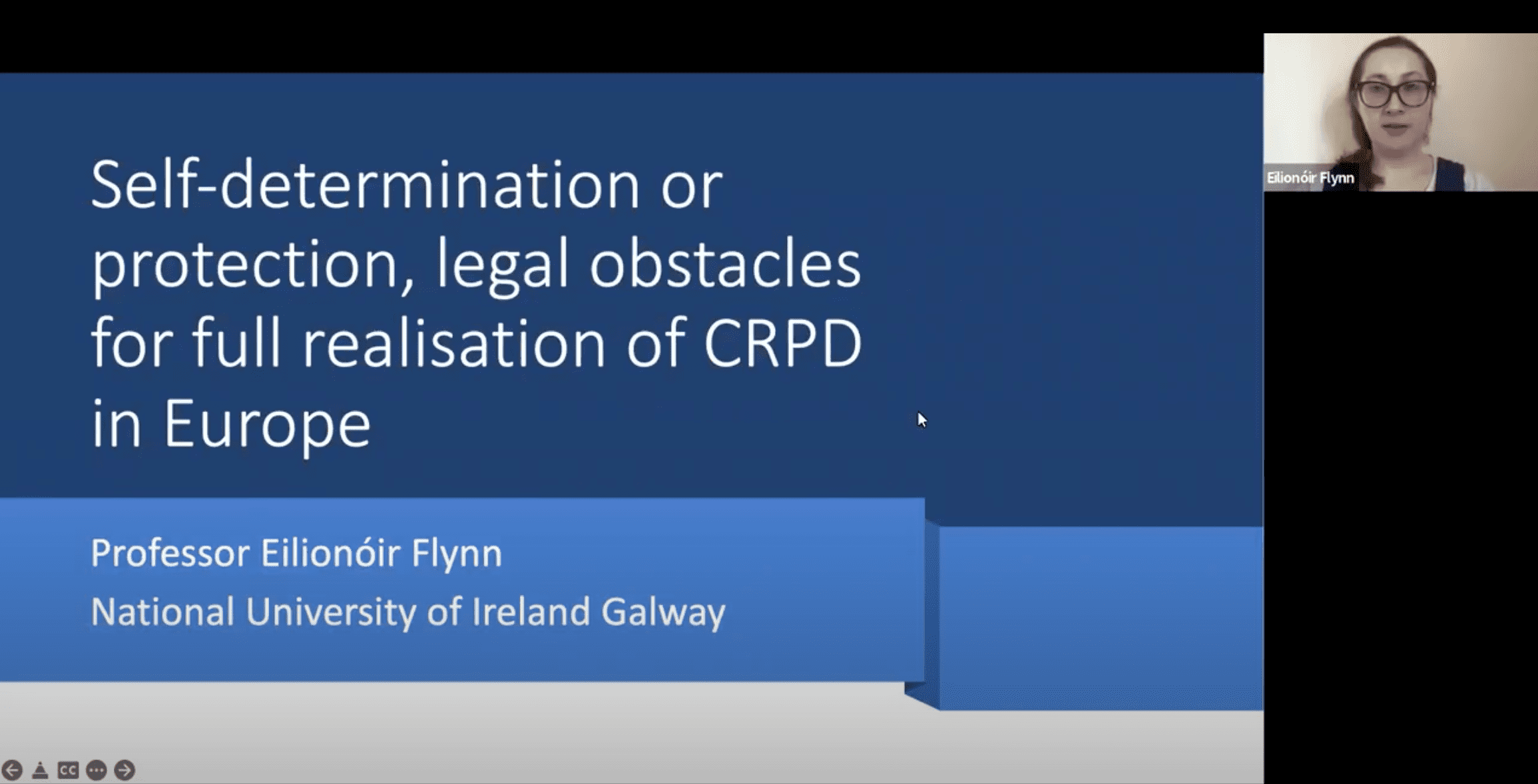
Professor Eilionoir Flynn, Established Professor at the School of Law and Director of the Centre for Disability Law and Policy (CDLP) at the National University of Ireland Galway hold et innledningsforedrag om juridiske hindringer for full gjennomføring av CRPD i Europa.
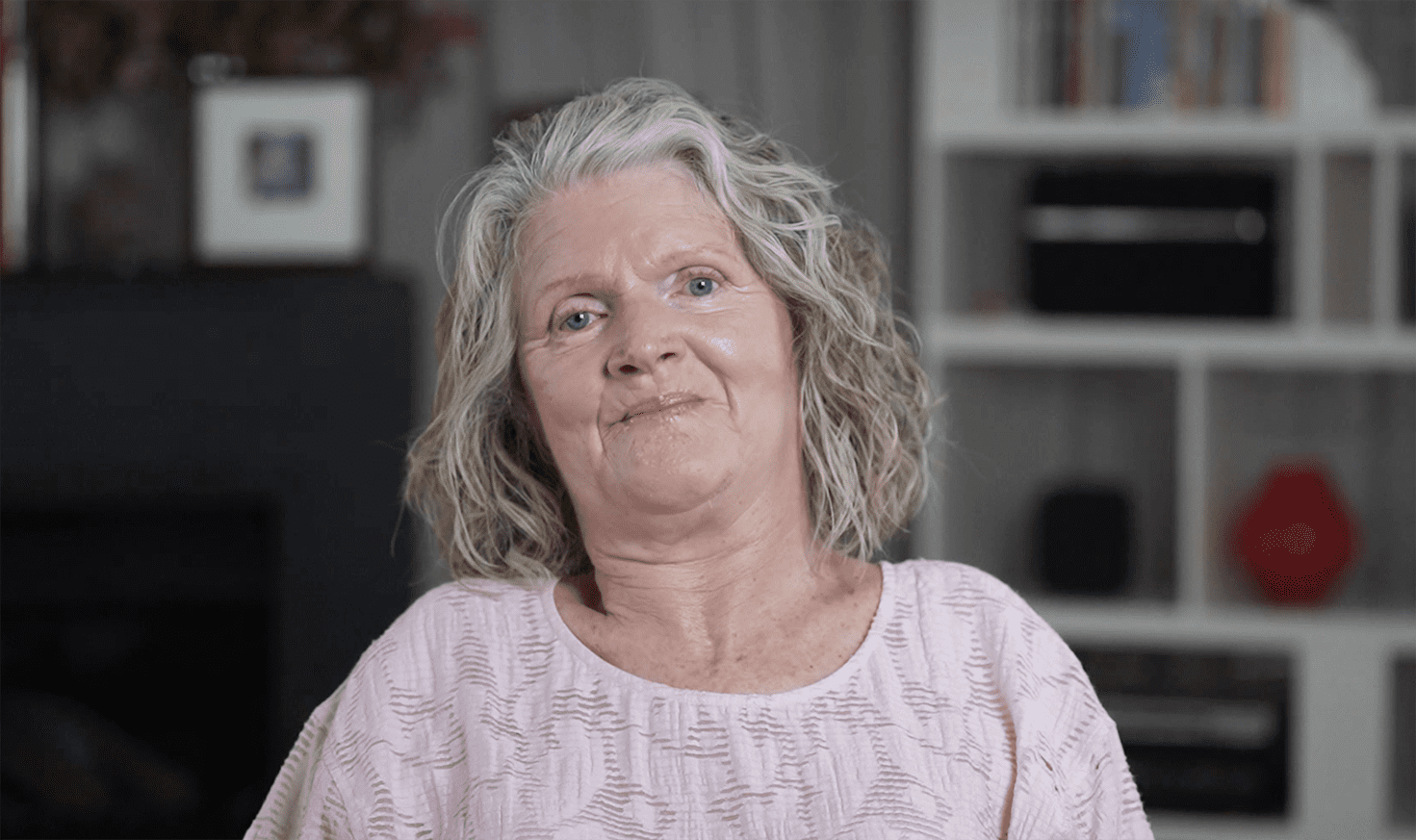
Den australske menneske- og funksjonsrettsaktivisten Rosemary Kayess snakket om retten til et selvstendig liv og menneskerettighetskonvensjonens vektlegging av rett til å slippe å bo på institusjon på grunn av sin funksjonsnedsettelse.
Nordisk seminar for FNs delegater til statspartsmøte om CRPD
A minority within the minority. This makes indigenous persons with disabilities especially vulnerable when it comes to climate change. That was the message of the Nordic side event at the UN Conference on the Convention on the Rights of Persons with Disabilities (CRPD) in New York. Indigenous persons with disabilities – challenges and opportunities posed by environmental change.
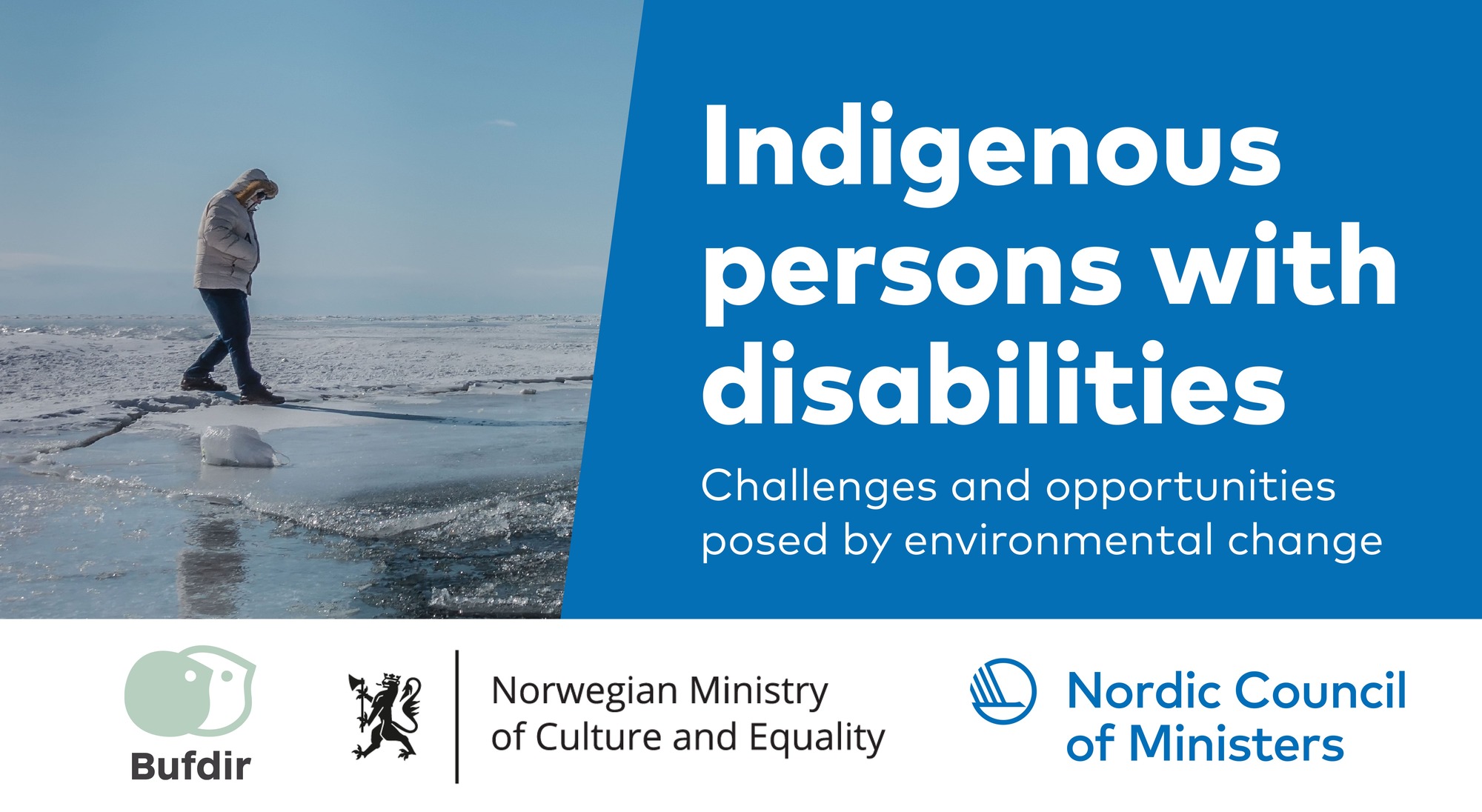
Climate and environmental damage, as well as climate action, pose specific challenges for persons with disabilities, and indigenous peoples. Indigenous peoples suffer disproportionately from loss of biological diversity and environmental degradation. Both mental and physical health of indigenous persons are affected by environmental degradation, toxic waste and forced migration, causing mental and physical disability.
Persons with disabilities within indigenous communities are especially vulnerable in cases of extreme weather events and climate disaster. At the same time, the need for climate action impose upon states an obligation to implement welfare services for persons with disabilities, in a sustainable manner. The side event will shed light upon how welfare services can be customized to the needs of indigenous disabled persons, in respect of their spiritual connection to land, nature and traditional knowledge.
– All too often indigenous cultural rights are forgotten for groups that have special needs, as they are minorities within the minorities, says Runar Myrnes Balto, Council member of the Sami parliament in Norway.
– It is essential that we involve people with disabilities in matters that concern them and act on what they are telling us. We need to see an individual as the whole person they are – not just their specific disability, says Astrid Kragh, Minister for Social Affairs and Senior Citizens in Denmark.
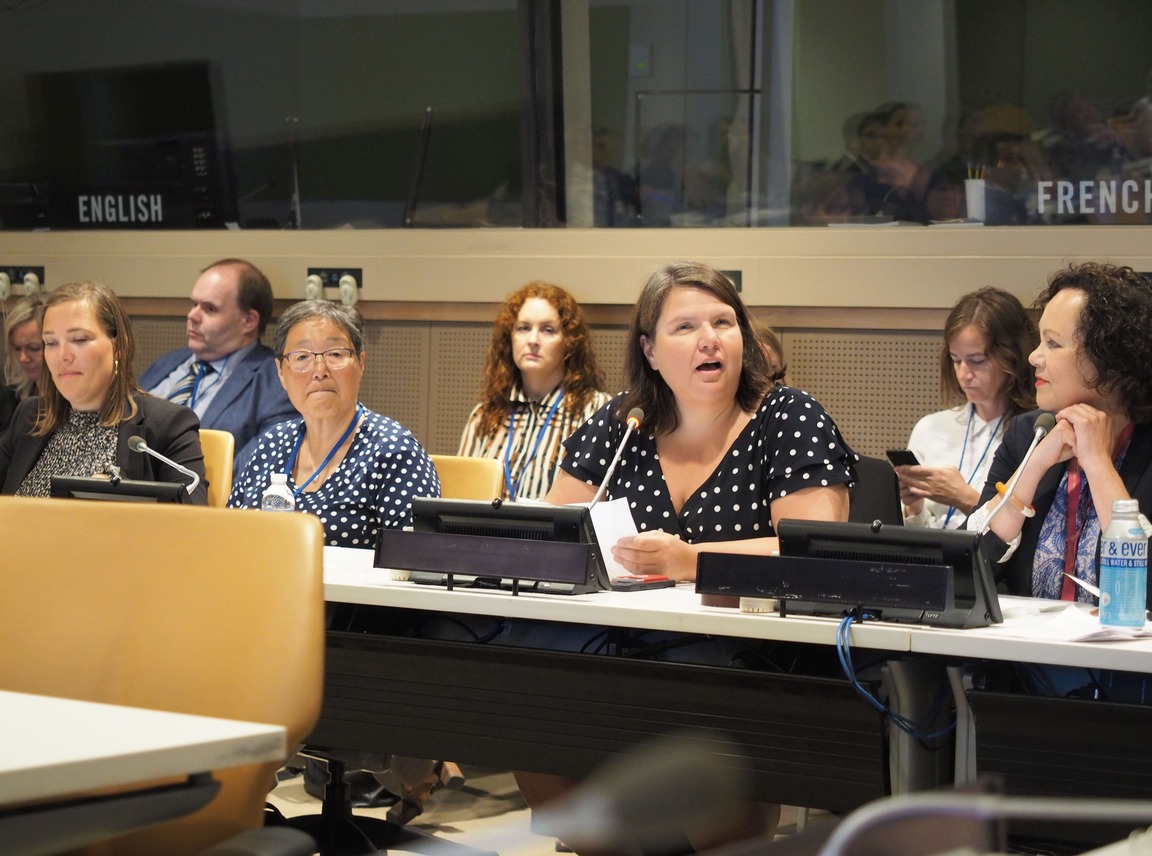
Gry Haugsbakken, State Secretary, Ministry of Culture and Equality, Norway
The speakers at the Nordic side event
- Gry Haugsbakken, state secretary, Ministry of Culture and Equality, Norway
- Runar Myrnes Balto, council member of the Sami Parliament with responsibility for disability issues, Norway
- Astrid Krag, minister for Social Affairs and Senior Citizens, Denmark
- Sif Holst, vice-chair Disabled People’s Organisations Denmark and Denmark’s representative on the Council of Nordic Cooperation on Disability, Disabled People’s Organisations Denmark
- Line Melbøe, professor, UiT The Arctic University of Norway Department of Social Education
- Holly Echo-Hawk, MSc Organizational Behavior, National Co-Chair Opioid Response Network Indigenous Communities Workgroup and Senior Advisor, California Tribal MAT Stimulant Treatment Initiative and Tribal Behavioral Health SME, New England MHTTC
- Janne Hirvasvuopio, parliamentary assistant and member of Advisory Board for the Rights of Persons with Disabilities VANE
- Niels Tuutu Berthelsen, principal, Gertrud Rask Minde, Sisimiut Greenland
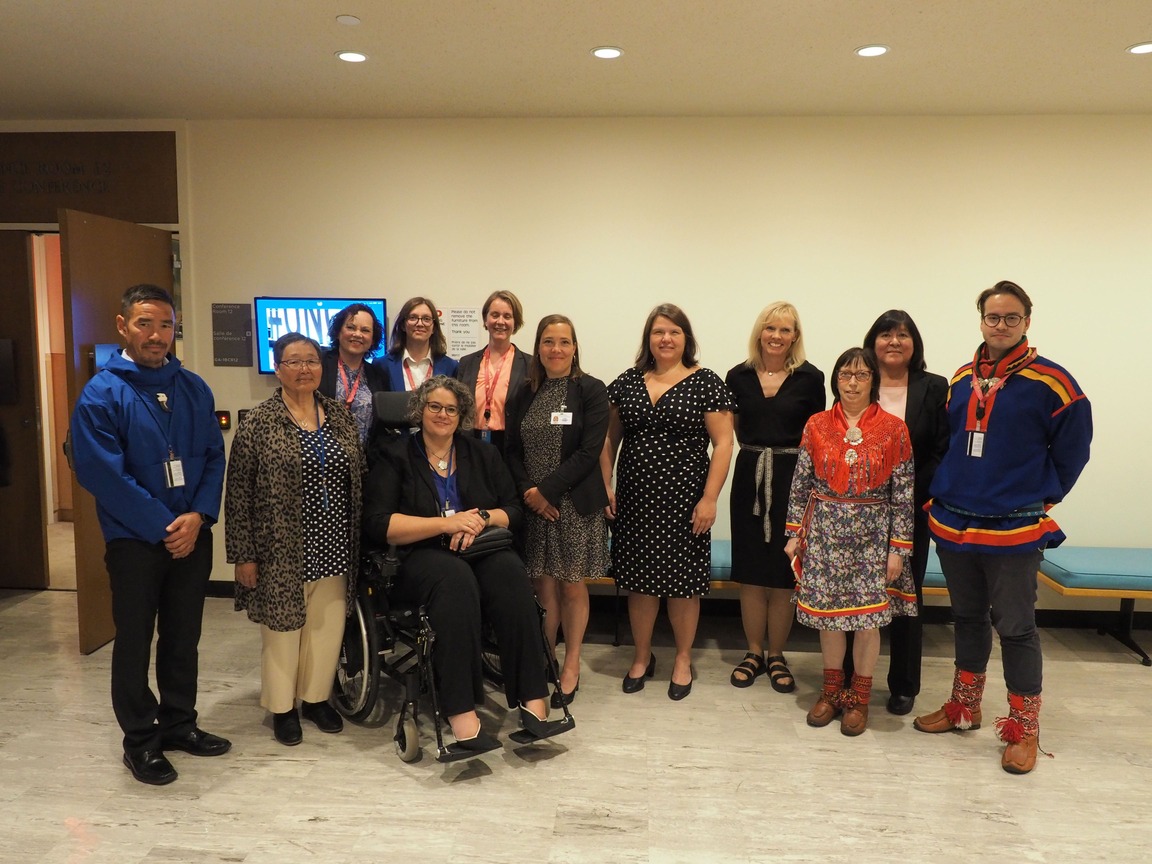
The speakers together with the Norwegian organisers of the Nordic side event.
Nettverk for erfaringsdeling om kunnskapsutvikling på funksjonshinderområdet – initiativ fra forskning og utviklingsmiljøer
Tidsperiode: Etablering i 2021. Gjennomføring i 2022–2025.
Utfører og finansiering: Nordens velferdssenter har prosjektlederansvar. Erfaringsnettverket finansieres av Nordisk ministerråds sekretariat for sosiale saker. Erfaringsnettverket og dets aktiviteter drives av VIVE – Det Nasjonale Forsknings- og Analysecenter for Velferd i Danmark.
VIVE organiserer en programgruppe med eksperter fra Danmark, Sverige, Finland, Island og Norge. Programgruppen bidrar til utformingen av temaer og innhold i webinarene og andre aktiviteter.
Funktionshindersrådets medvirkning:
• en av initiativtakerne til etableringen av nettverk
• ekspertgruppe og deltakere på webinarene
• en av initiativtakerne til etableringen av nettverk
• ekspertgruppe og deltakere på webinarene
Webinarer i 2022
Webinar 1:
Three keynote speakers presented experiences and perspectives from Iceland, Sweden and Norway. They talked about how welfare services are organized, financed, prioritised and implemented and how responsibility is organised between different levels of government.
Keynotes speeches: Trends and themes concerning organisation of services for people with disability
Speakers:
- Rannveig Traustadóttir, University of Iceland: Organising and implementing disability rights in Nordic welfare states
- Johanna Gustafsson, University of Örebro and OsloMet: Whose responsibility? Organization of support for people with disability in Sweden.
- Jan Tøssebro, Norwegian University of Science and Technology: Communalization of service provision: From ideology to governance. Norwegian perspectives
Webinar 2:
At the webinar Equal right to education – Inclusive schools and the organization of individual support experiences and perspectives from Finland, Iceland and Norway was presented and discussed. Focus lies on the primary school system; both ordinary and specialized schools.
There is a great variety between the Nordic countries in how support for people with disabilities is organized. This also applies to the school systems.
– It is important to discuss the topic in a Nordic perspective, because we have much to learn from each other. The Nordic countries do things differently, which can inspire development of practice and policies, says Jakob Trane Ibsen, chief research analyst at VIVE.
Keynote speakers at the webinar was:
- Juho Honkasilta, University of Helsinki: The state of inclusion in the state of inclusion? – The case of Finland
- Edda Óskarsdóttir, University of Iceland: Inclusive education in Icelandic compulsory education – status and prospect
- Øyvind Snipstad, Inland Norway University: Inclusive education in Norway: From inclusive policies to marginalising practices.
Nordisk/Baltiske ekspertmøte om funksjonshinderpolitikk
Nordic-Baltic second Meeting on Disability Policy and Practice. The meeting was organized within the framework of a Nordic Council of Ministers´ Nordic-Baltic Cooperation Project on Social Affairs and Health.
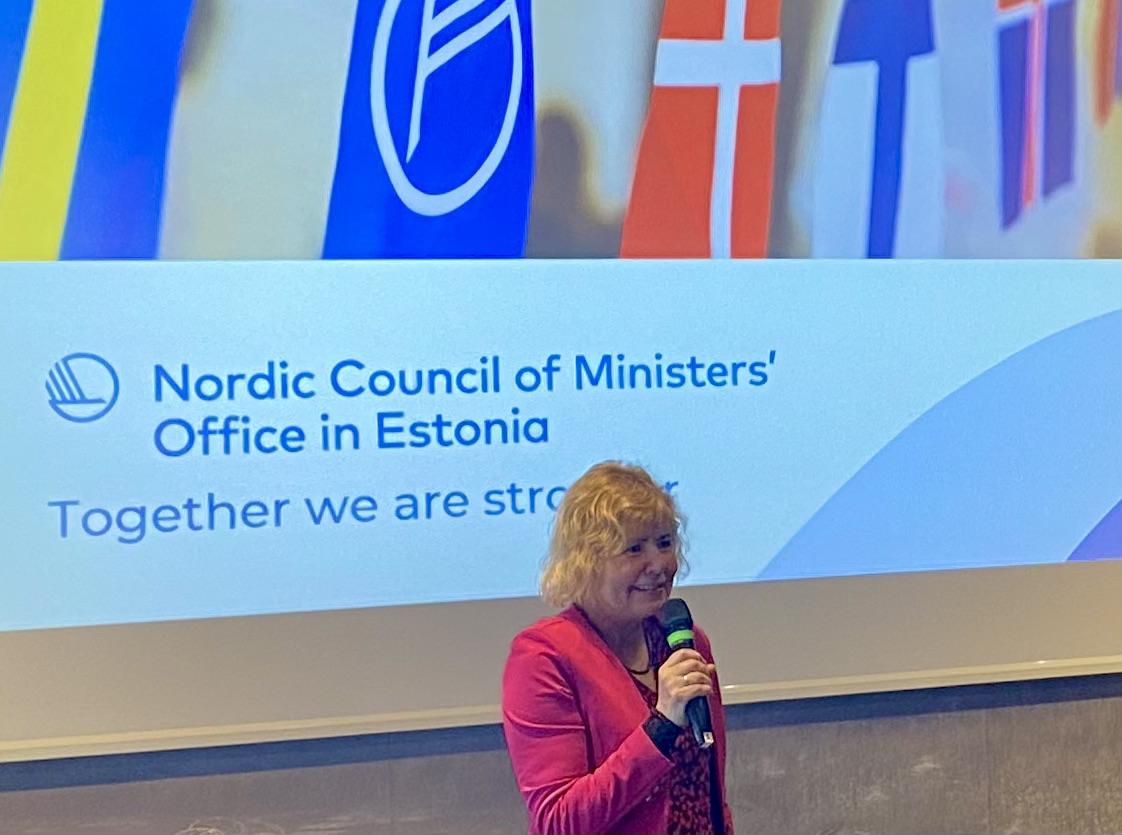
Merle Kuusk from the Nordic Council of Ministers' Office in Estonia moderating the event.
Speakers:
- Merle Kuusk, adviser, Nordic Council of Ministers' (NCM) Office in Estonia (moderator)
- Kertu Kärk, communications adviser, Nordic Council of Ministers’ Office in Estonia: Presentation of NCM Estonian Offices' Activities
- Kai Koivumäki, deputy director and operations manager, Nordic Welfare Center: Presentation about Nordic Welfare Center and activity on disability issues
The Nordic and Baltic countries presented their disability policy and current activities
Denmark - Leif Olsen, senior researcher, Danish Center for Social Science Research (VIVE)
Finland - Stina Sjöblom, senior researcher, Finnish Institute for Health and Welfare (THL)
Faroe Islands - Tóra við Keldu, chairwoman, National Disability Umbrella Organisation (MEGD)
Greenland - Anna Ida Hallgaard Jonsson, project officer, Tilioq
Norway - Anna Bjørshol, deputy director general, Norwegian Directorate for Children, Youth and Family Affairs (Bufdir)
Sweden - Ola Balke, researcher, Swedish Agency for Participation (MfD)
Lithuania - Rasa Genienė, adviser, Horizontal Policy and Project Management Group, Ministry of Social Security and Labour
Latvia - Aiga Lukašenoka and Dace Kampenusa, Ministry of Welfare
Estonia - Kadri Mets, adviser of Social Welfare Department, Ministry of Social Affairs
Accessibility
Moderated by Jakob Trane Ibsen, chief research analyst, VIVE
- Accessible Buildings & Environments. Niina Kilpelä, senior architect, Ministry of the Environment, Finland
- Socio-economic analyses of built environments following the principles of universal design. Mapping literature and knowledge. Leif Olsen, senior researcher, VIVE, Denmark
- How we work with universal design and accessibility in Norway. Anna Bjørshol, deputy director general, Bufdir and Cato Lie, senior adviser at FFO, Norway
UN Convention on the Rights of Persons with Disabilities
Moderated by Anna Caldén, SAMS (Finnish Association for Disability Cooperation)
- How do the authorities in Sweden work to inform and engage the municipalities? Ola Balke, researcher, The Swedish Agency for Participation (MfD), Sweden
- Partial reform of the Discrimination Act. Katri Leikas, adviser, Ministry of Justice, Finland
- Handicaptalsmanden Tilioq – an institution to safeguard and promote the interests of persons with disabilities in society on the basis of the UN Convention on the Rights of Persons with Disabilities. Anja Hynne Nielsen, Disability Ombudsman, Greenland

